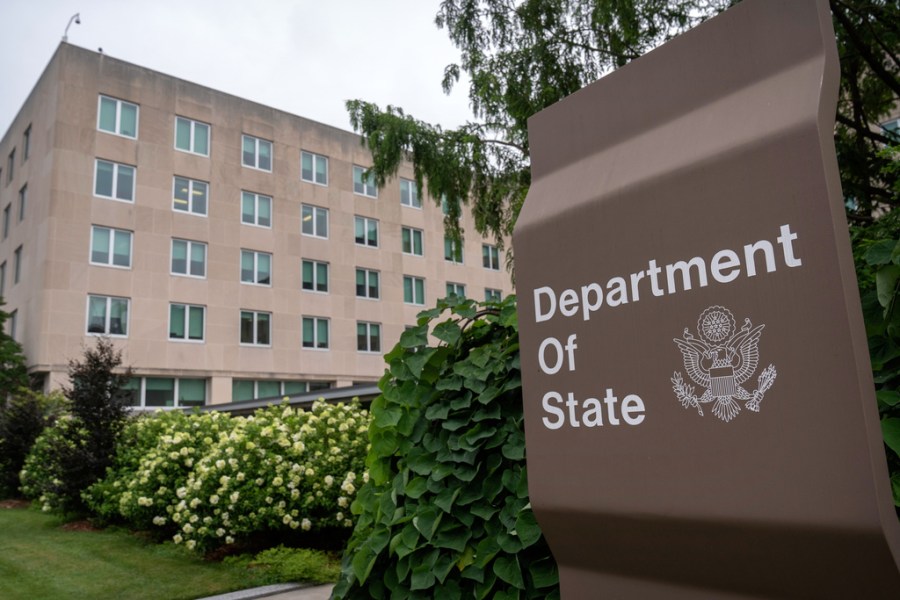The U.S. Department of State’s Human Rights Reports are under scrutiny for their inconsistency with the nation’s immigration policies. Critics argue that this disconnect could place vulnerable individuals at risk of deportation to dangerous situations. This situation raises significant concerns about America’s global credibility regarding human rights.
The reports, which aim to assess the human rights practices of countries around the world, have faced criticism for their length and breadth of issues covered. Critics assert that the reports often reflect inherent biases and do not adequately align with the realities faced by immigrants, particularly those seeking refuge in the United States.
Concerns Over Human Rights Commitments
Human rights advocates have pointed out that the U.S. immigration policy, particularly its enforcement mechanisms, can contradict the human rights principles outlined in these reports. For instance, there are instances where individuals seeking asylum have been returned to countries where they face persecution. Such actions have led to questions about the integrity of America’s commitment to international human rights standards.
A report released in September 2023 highlighted these inconsistencies, noting that approximately 40% of the asylum seekers who were deported in 2022 faced “substantial risk” upon return to their countries. These findings illustrate a troubling gap between the values espoused in the Human Rights Reports and the realities of U.S. immigration enforcement.
Advocates argue that this situation not only undermines the safety of individuals but also tarnishes the United States’ standing in the international community. The nation has long positioned itself as a leader in promoting human rights, and these discrepancies could diminish its credibility on the global stage.
The Need for Policy Alignment
To address these challenges, experts suggest that a thorough review of immigration policies is necessary. Aligning these policies with the core principles outlined in the Human Rights Reports could strengthen the U.S.’s commitment to protecting vulnerable populations. As it stands, the inconsistency between reported human rights practices and immigration enforcement can lead to significant diplomatic repercussions.
Moving forward, it is essential for the U.S. government to engage in transparent dialogues with human rights organizations and advocates. Such collaborations could facilitate more effective immigration systems that not only comply with domestic laws but also uphold international human rights standards.
As the debate over U.S. immigration policies continues, the implications for global credibility remain significant. Ensuring that immigration practices reflect the nation’s stated commitment to human rights could reinforce the United States’ role as a leader in this crucial area.






































































